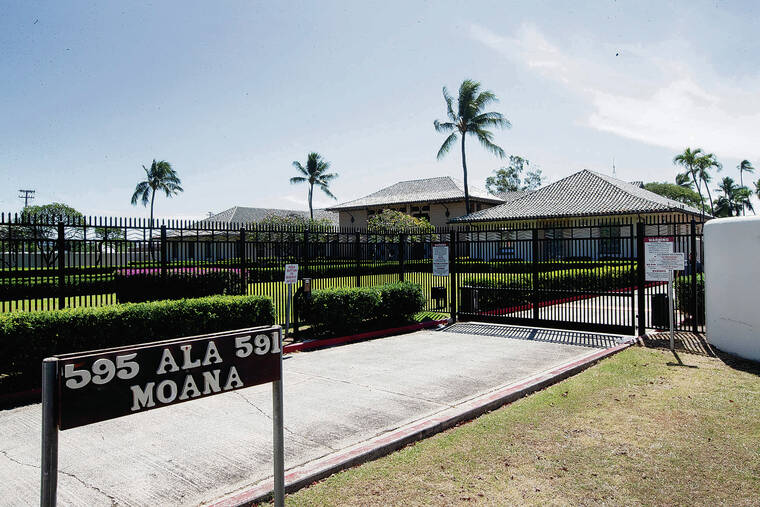• Freedom for students • Equality for women • Too expensive Kauai • ‘Malama aina’
Freedom for students
As a long-time youth worker and pastor on Kauai, I can assure your readers that no one wants religion of any kind taught in the public school (most likely they would bungle up the subject if they tried).
But what we do insist and what is protected by law is the freedom for students who wish to pursue their faith to meet together on campus without interference or undue restraint from government.
A Christian “club” must be afforded — no more or no less — the same privileges given to any other club on campus, which means if the Chess Club can host an occasional guest chess genius to instruct the kids, the Christian club must also be allowed to do the same in their genre. And if the Key Club gets to enjoy snacks at their meeting, the Christian Club must be allowed the same benefit.
I would suggest that the world has much more to fear from excluding and diminishing the role of faith in our lives than it does embracing it. Casting aside the moral compass that faith provides young people sets the stage for tragic results both personally and socially.
Rick Bundschuh
Lawai
Equality for women
Two items in the July 21 TGI caught my attention. First, KIUC is paying $109,000 a month ($1,308,000 a year) in rent for their Puhi headquarters. What is the name of the person who owns the building and is the recipient of the rent?
Perhaps, TGI could provide this information to its readers.
Secondly, Nadine Nakamura said that she was disappointed that the council was not able to fill the Board of Water position with a female candidate. Does this mean that the council has allowed the mayor to constitute another county board which excludes women? In light of her disappointment, why didn’t Nakamura show some commitment to equality for women and vote against confirming the appointment?
Linda Esters
Koloa
Too expensive Kauai
Discussion of KIUC charity donations resulted in a patronizing scold from John Clayton. Here are a few facts. We pay the highest rates in the nation. Unlike many Mainland residents, most of use neither heat or air-conditioning. We pay much more and use much less.
“Giving back” to the community is laudable but not demanded of a co-op. Paying dividends to stockholders is a standard policy to seek investors.
There are many worthwhile charities and community organizations. Most of us realize the need to select a few. I support the Humane Society (I am an animal lover) and cancer research. Others may choose other equally laudable organizations.
My point is such matters are a personal choice, not the choice of KIUC officials. The best community service the coop should provide is more affordable service.
Mr. Clayton claims the charity costs are nominal and offers a refund to critics. If correct, take my refund to the Humane Society. Even if it is nominal, I choose my charities, not a “Big Brother” electric provider.
Suzanne Woodruff
Kapaa
‘Malama aina’
I would like to think that most of us would agree that all of us have the shared responsibility to “take care” of the precious, finite resources (air, land, and water) from “mauka to makai” here on Kauai and throughout the entire fleet of Hawaiian islands here in the middle of the Pacific Ocean.
That being said, with specific reference to Bill 2491 introduced by Hooser-Bynum of the County of Kauai, a step in the right direction has been taken to establish clarity, accountability, and transparency in the application of specific chemicals, which need to be monitored with respect to environmental integrity as well as for concerns about our health and well-being.
Is that too much to ask? No! It is the “pono” thing to do. Through this bill, the emphasis is on shaping and defining ways in which collaborative efforts and pooled resources set the avenues to “malama aina” effectively to begin. Likewise, it will become possible to focus upon ways in which health services/facilities/insurance coverage aspects may be prioritized if and when the residents may be adversely impacted.
It may be the means by which “win-win” situations may be actualized all the way around!
Might this be the way to approach this controversy?
Jose Bulatao, Jr.
Kekaha




